How does social media effect hazing?
This Canadian study found that social media can be both helpful and harmful when it comes to hazing in varsity sport. While athletes use it to build team identity, many avoid posting about hazing to protect their team’s image or avoid causing harm. The study points to a need for better education and athlete-informed policies…
Training, stress and injury risk in student-athletes
A recent Canadian study shows that training load isn’t the only factor influencing injury risk in university athletes. Stress from school, relationships, and mental health also play a big role. A more balanced, whole-person approach to training can help sport leaders better support athlete well-being and prevent injuries.
Balancing Act: Navigating weight cutting in sports for athlete well-being
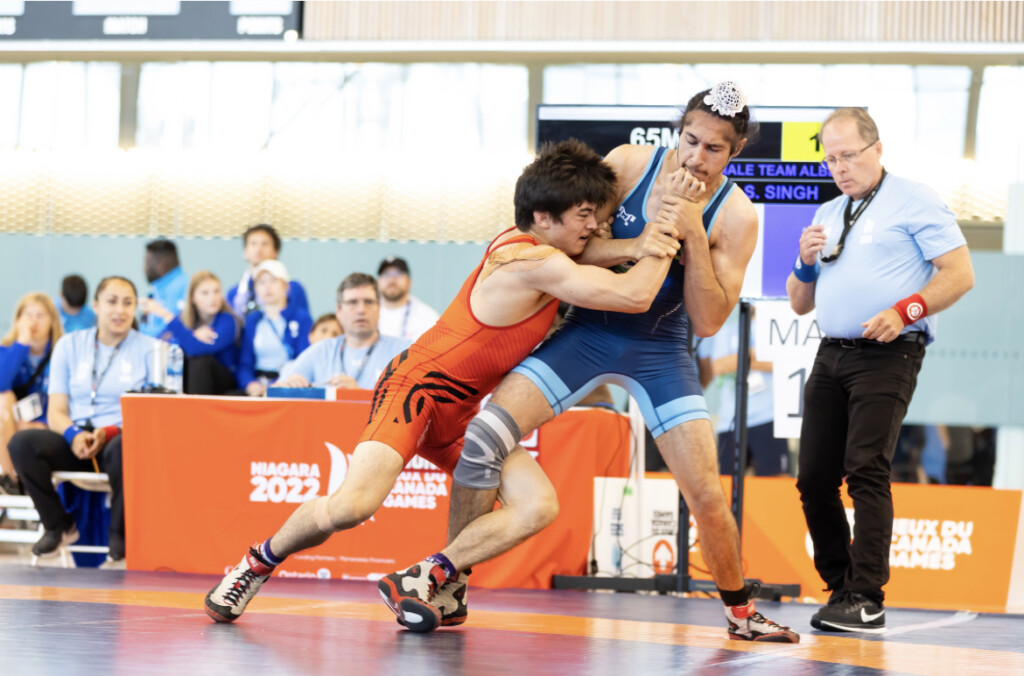
Weight cutting in sport sounds harsh because it is. As a U19 national champion wrestler with international experience and a mixed martial artist, I have first-hand experience losing weight in a short amount of time to compete in my desired category. And I can tell you that it is both mentally and physically daunting. My…
Ski like a girl: Researchers reveal hidden histories of women in Nordic sport
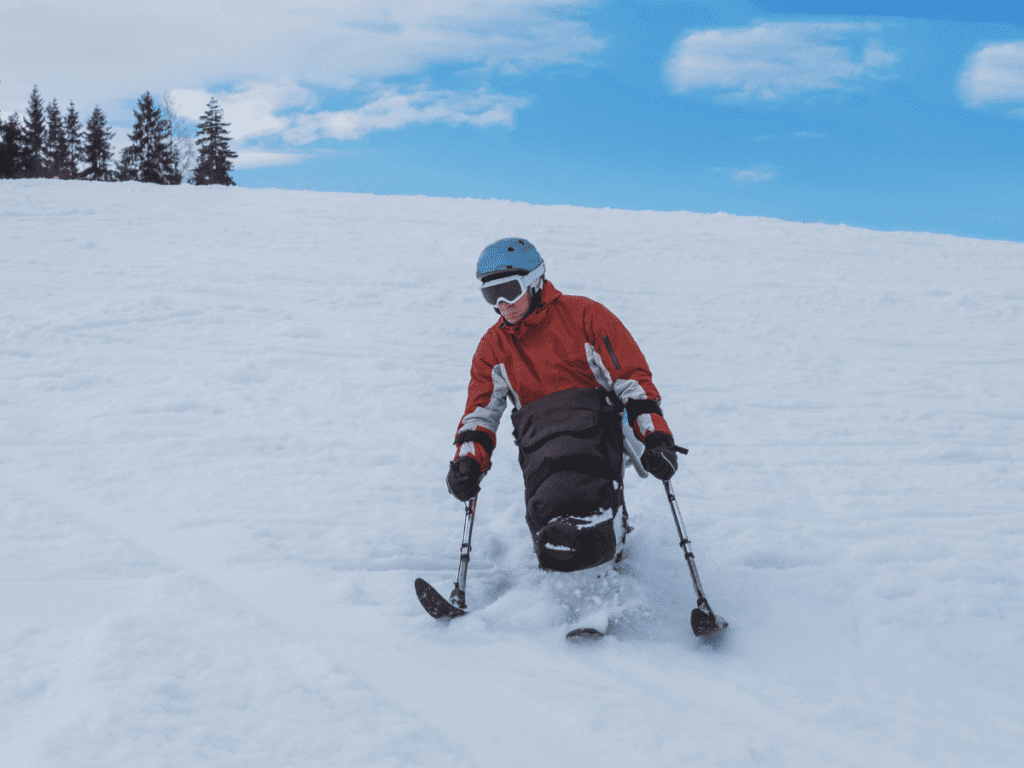
From a U of A varsity ski club to the Canadian Birkebeiner and the Olympics, women have always been part of the landscape of winter sport. When Lyndsay Conrad dove into her archival research on early 20th-century ski history in Alberta, she found women were missing in the standard narratives, yet leap out in old…
Sport organizations must adapt to extreme heat
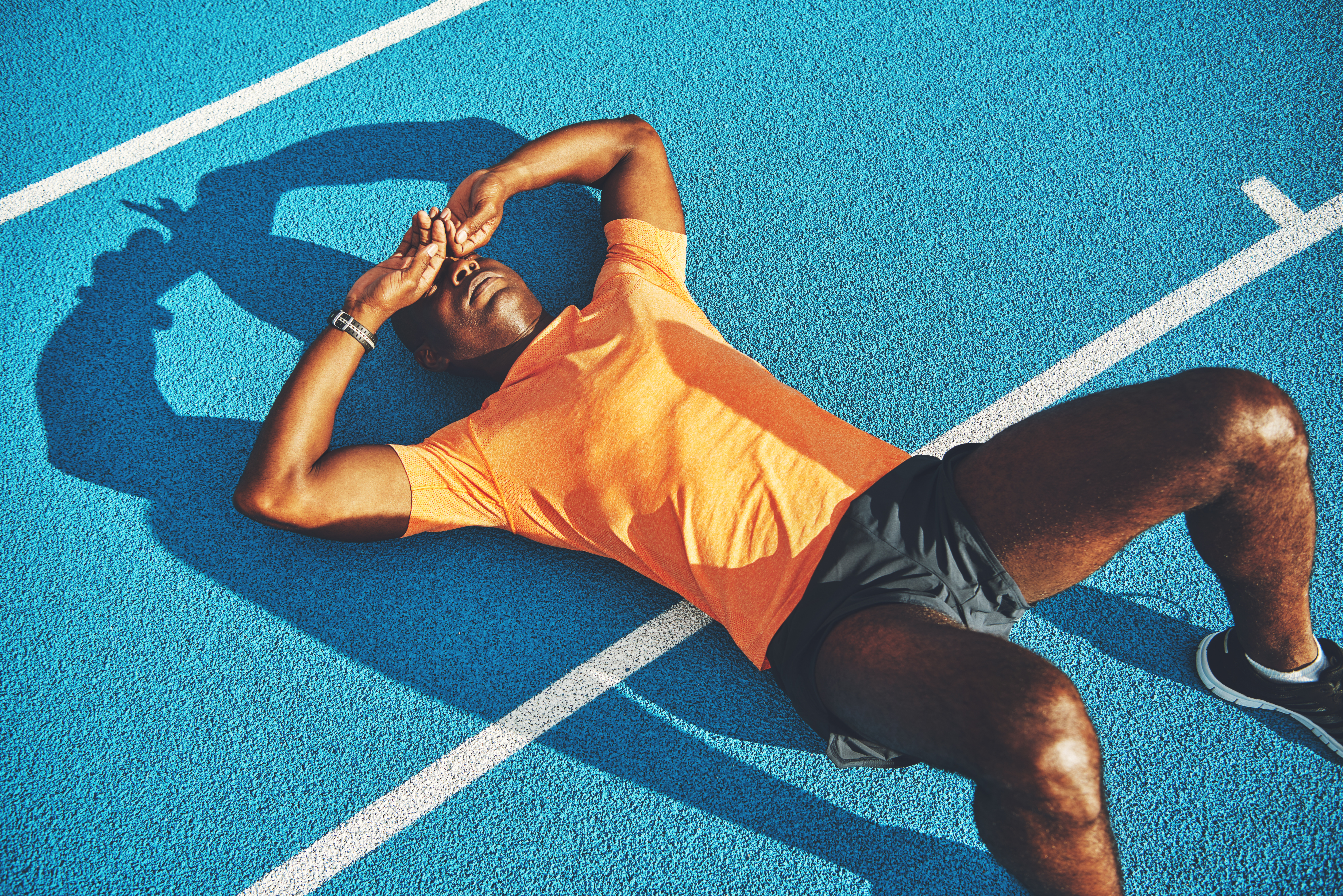
The Intergovernmental Panel on Climate Change (IPCC) (2018) has recorded rising temperatures throughout the world. Extreme heat events are causing risks to workers’ health, organizational productivity and infrastructure and the sport sector is being forced to adapt (Glasser, 2020; Heal & Park, 2016). For example, the 2022 Manitoba Marathon was cancelled mid-race, with runners already…
Developing leadership behaviours in athletes
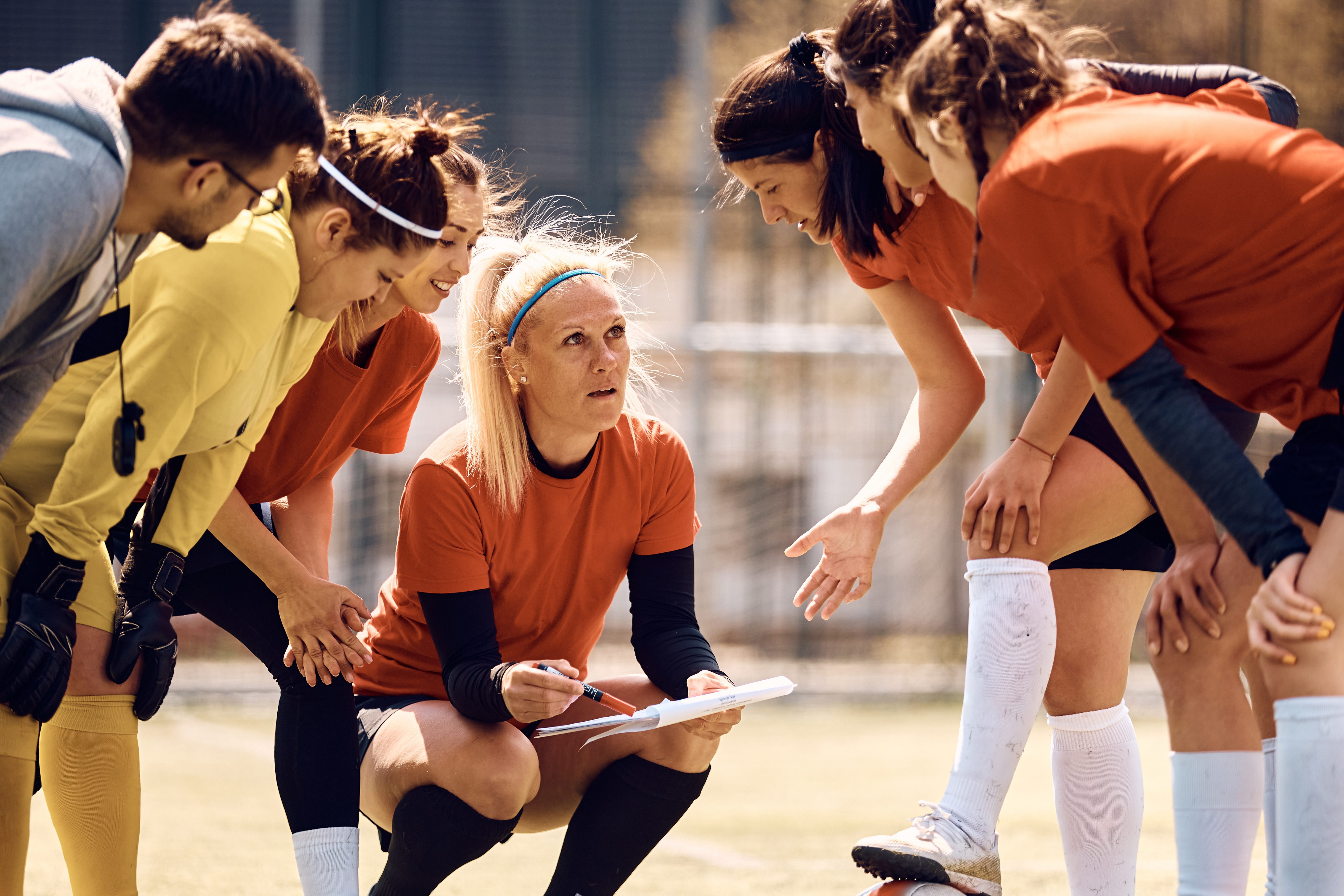
Project summary This project developed, implemented, and evaluated the effect of a season-long athlete leadership development program. The participants included 66 female varsity athletes who participated in four leadership workshops throughout their competitive sport season, approximately one hour in duration. All of the participants completed inventories measuring leadership behaviours, cohesion, communication, and peer-motivational climate. Overall,…
Anti-racism on campus
An investigation by CBC Sports of key positions in Canadian university athletics departments revealed only 10% were held by BIPOC individuals. Other research has demonstrated the underrepresentation of BIPOC student-athletes in every sport and team. Learn about anti-racism efforts at the University of Toronto.
Tackling Racism on Campus
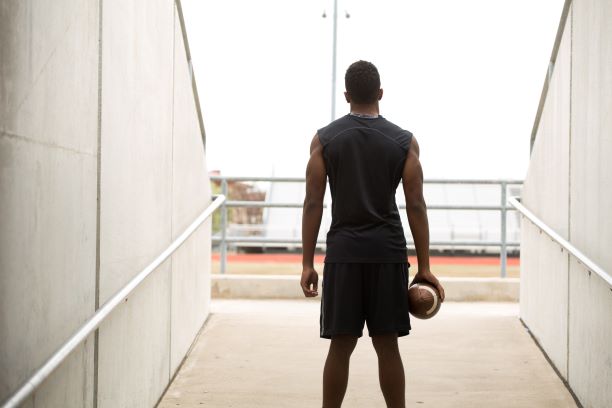
George Floyd, Ahmaud Arbery, Breonna Taylor, Regis Korchinski-Paquet and D’Andre Campbell are names of Black men and women who were killed this past year. Their tragic deaths sparked a global conversation about anti-Black racism, police brutality, white supremacy and the systemic challenges that Black, Indigenous and people of colour (BIPOC) face every day. Within the…
Supporting the Psychological Wellbeing of Athletes: What Can Coaches do?
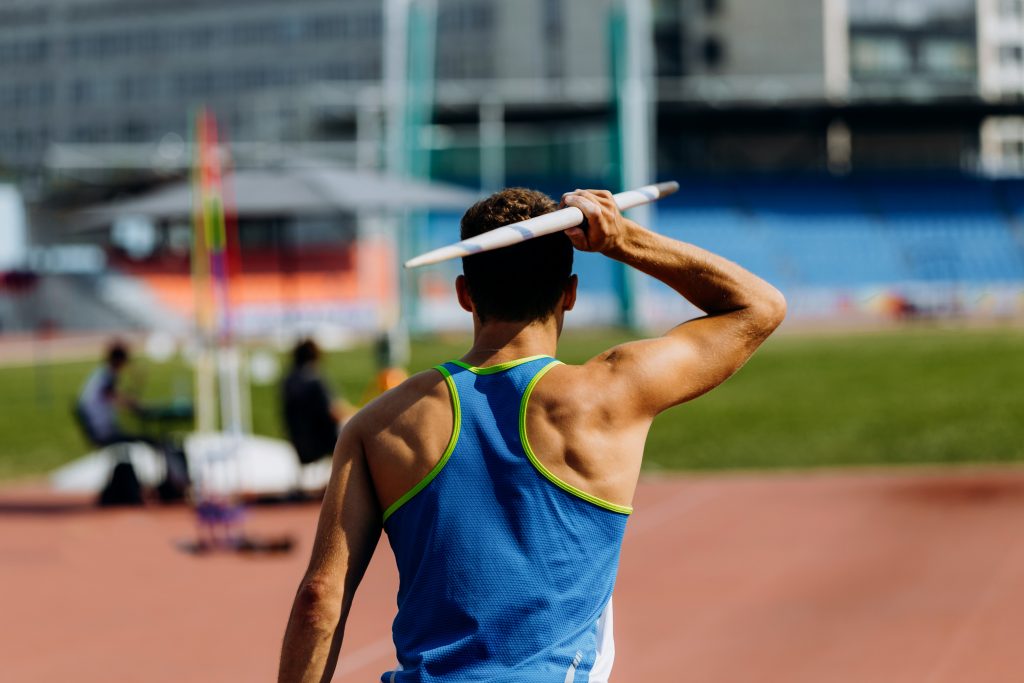
There has recently been an increasing number of athletes bravely coming forward to share their stories about the psychological distress and associated mental health challenges they experienced during their athletic careers (e.g., Michael Phelps, Gracie Gold, and Demar Derozan). Athletes are not immune to experiencing psychological distress and rates of mental illness among athletes are…
Student-Athlete Health
Alcohol misuse represents an important mental health issue for student-athletes – even moderate consumption can have negatively impact athletic and academic performance. Research has shown an athlete’s perception of their coach’s approval of alcohol use was strongly associated with drinking behaviour.